MICHEL Barnier has urged the EU to backdown in its vaccine war with the UK after Brussels tried to stop jabs entering Northern Ireland.
The EU chief Brexit negotiator’s call for calm came as Brussels handed itself sweeping new powers to stop companies sending millions of vaccines across the channel.

Read our coronavirus live blog for the latest news & updates
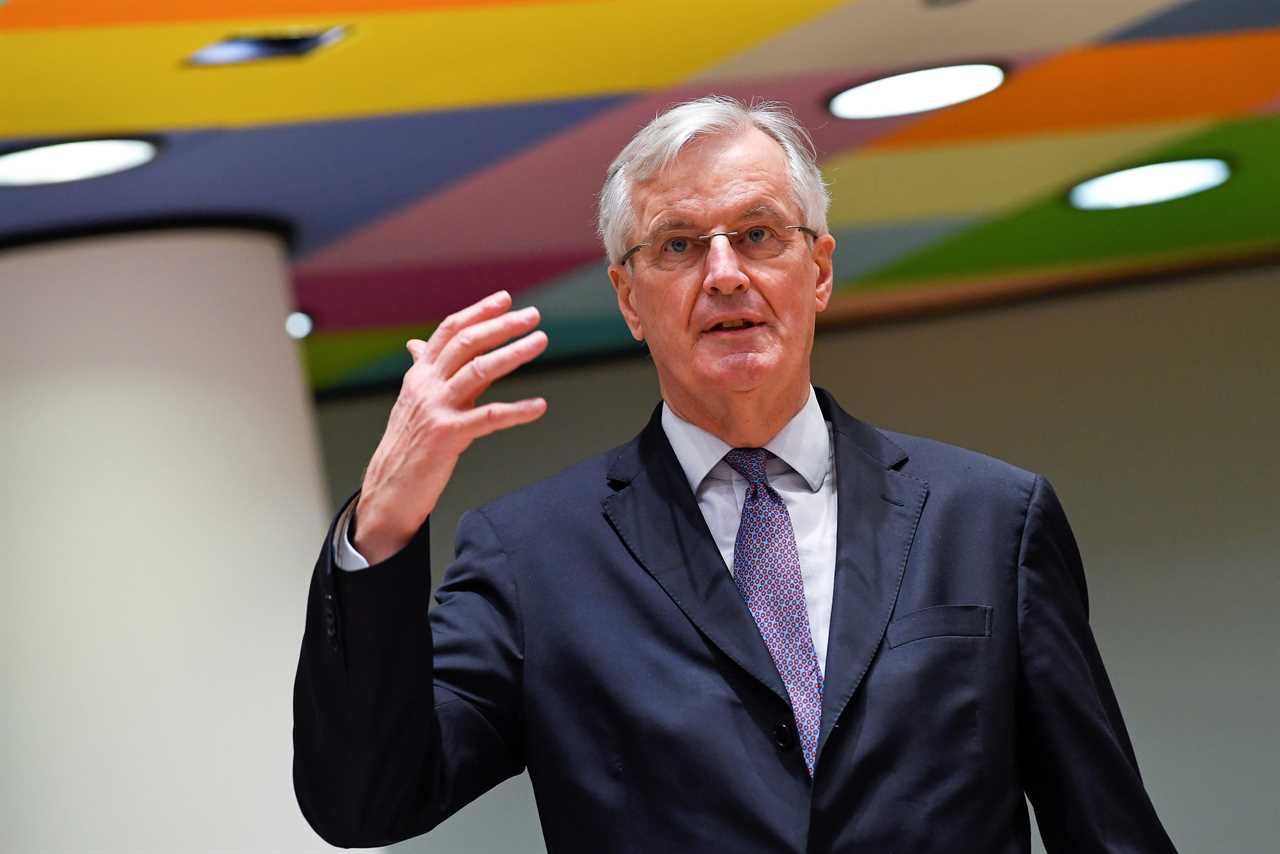
In an extraordinary day during which the EU declared vaccine war on the UK, Brussels then attempted to ensure vaccines don’t enter Britain via a Northern Ireland backdoor.
The move was slammed as an “incredible act of hostility” and “despicable”.
The EU’s chief Brexit negotiator, however, told The Times the EU needed to step back.
“We are facing an extraordinary crisis which is creating a lot of suffering, which is causing a lot of deaths in the UK, in France, in Germany, everywhere,” he said.
“And I believe we must face the crisis with responsibility and certainly not with the spirit of one-upmanship or unhealthy competition.
“I recommend preserving the spirit of co-operation between us. This is the substance of my message today, because we are unfortunately going to have many chances in the coming years to show solidarity.
“In the fight against terrorism, climate change, financial crises, disasters.”
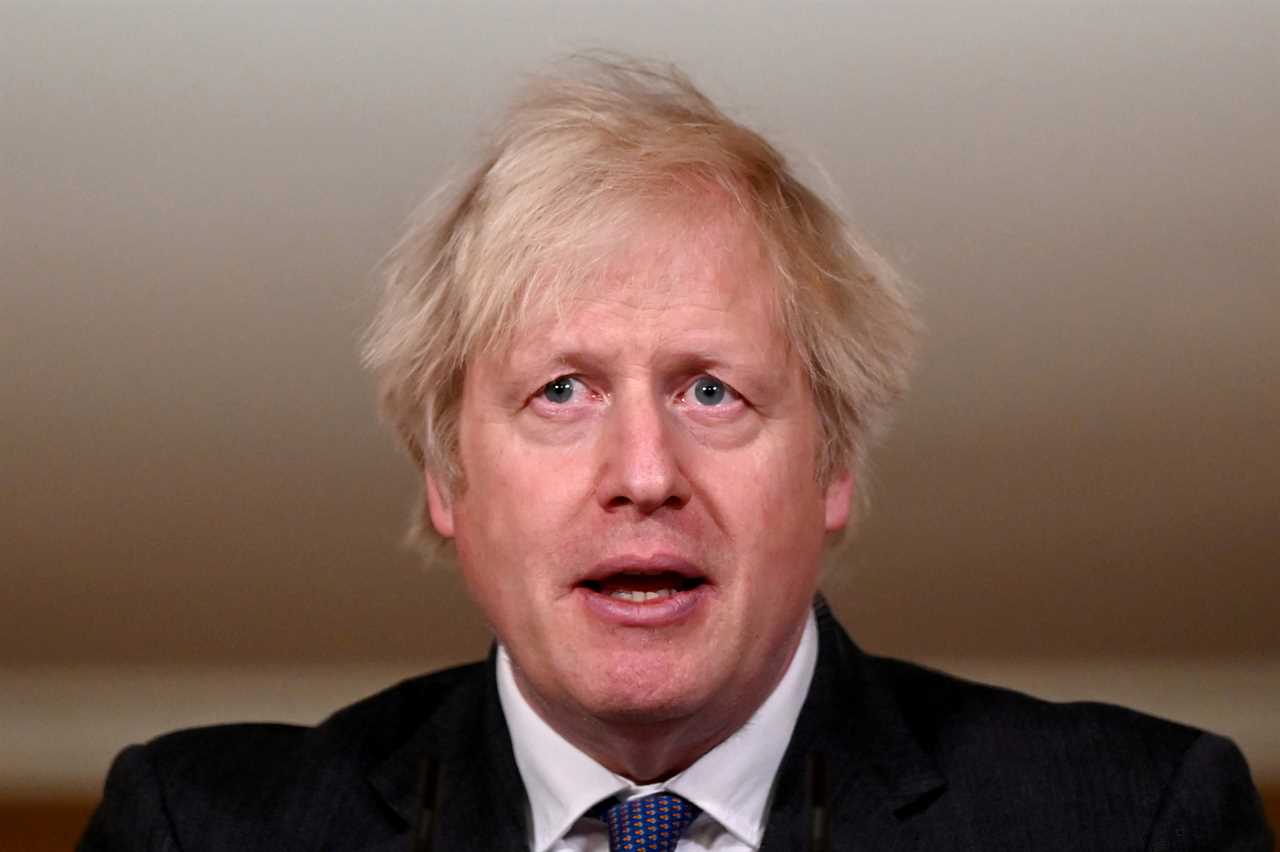
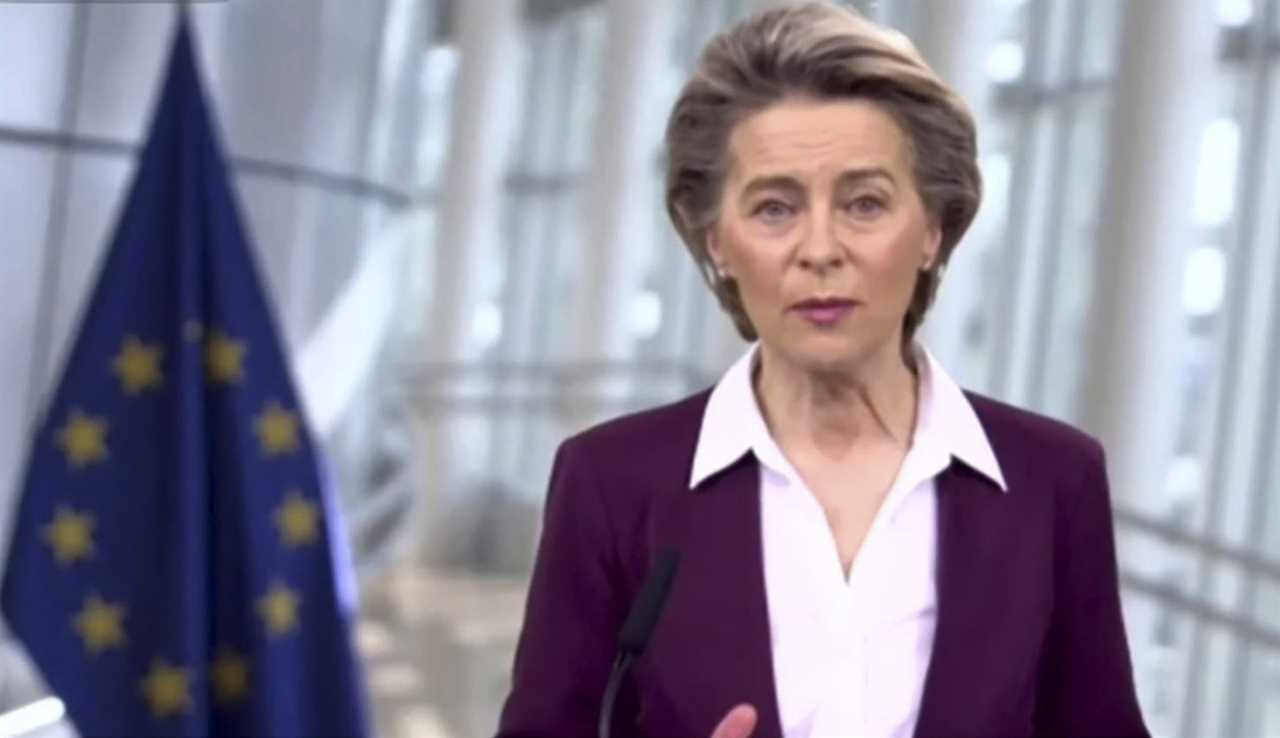
Boris Johnson had expressed “grave concern” over the EU’s Northern Ireland vaccine bid.
“The Prime Minister spoke to EU Commission president Ursula Von Der Leyen this evening,” said a spokesman.
“He expressed his grave concerns about the potential impact which the steps the EU has taken today on vaccine exports could have.”
Brussels later backed down and said it is “not triggering the safeguard clause” to ensure the Northern Ireland Protocol is “unaffected”.
A source told the Irish Independent said the move was an “oversight” and “mistake was made somewhere along the way”.
The backdown came after frantic phone calls between the Irish premier Michael Martin and von der Leyen, the paper reports.
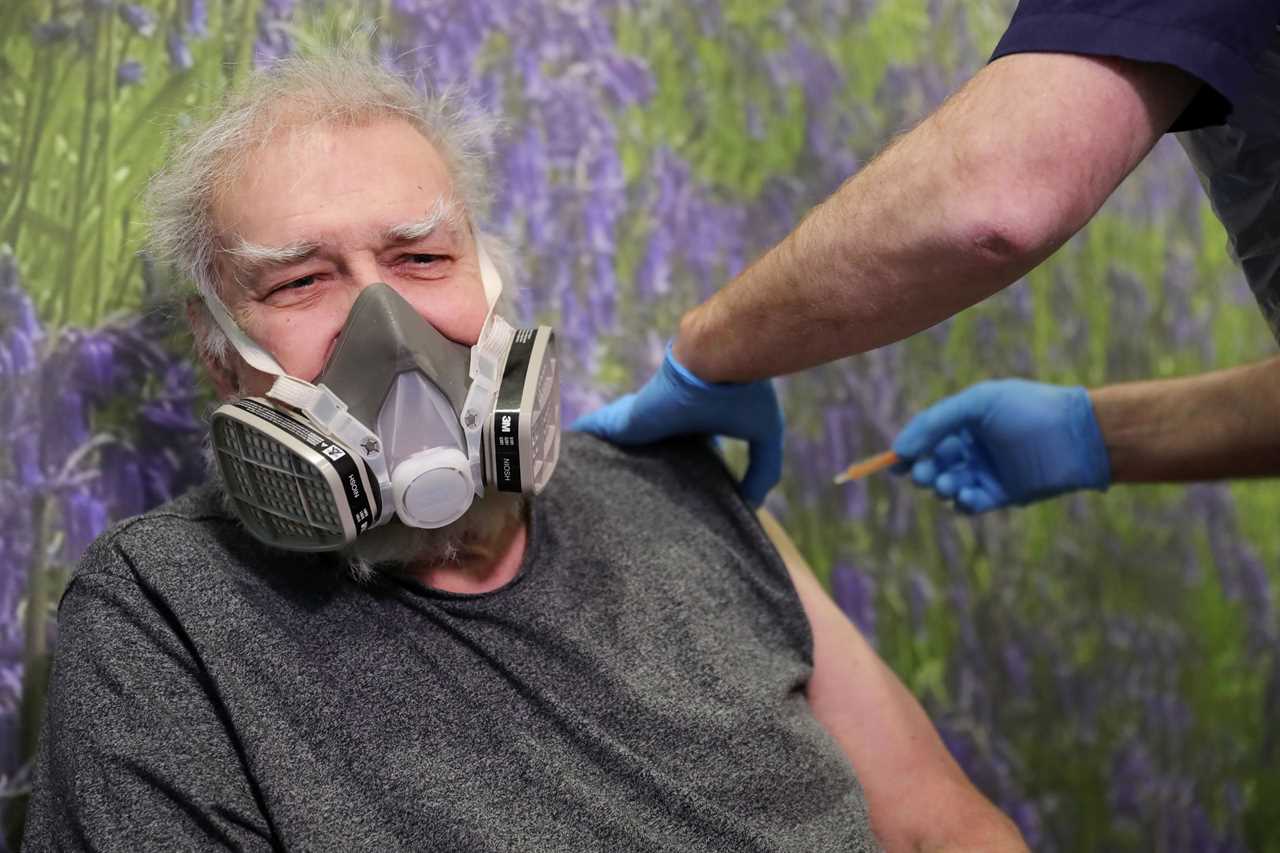
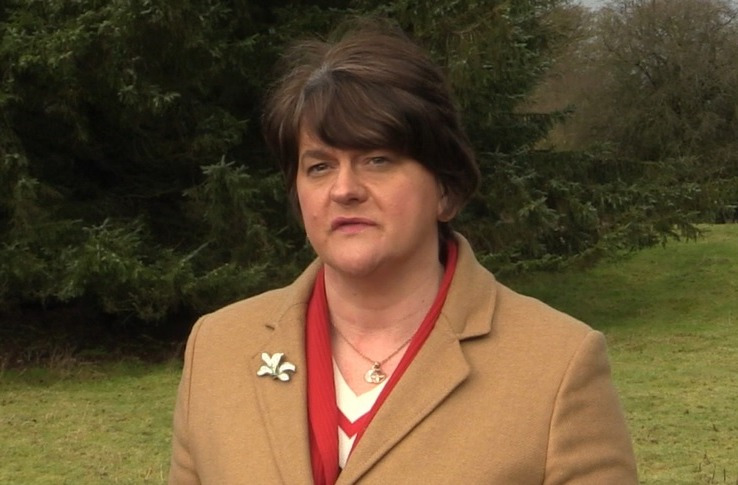
The EU’s new vaccine’s ploy could allow it to block life-saving jabs getting to the UK, including 3.5 million from a Pfizer BioNTech in Belgium.
Brussels fired the first shot in its vaccine war on the UK after sensationally claiming Britain is “hijacking” doses.
But the bloc also tried to slam the back door shut on medicines entering Northern Ireland using powers under Article 16 of the Brexit deal.
The article allows the EU to override the treaty and was devised as a last resort to alleviate serious disruption to trade in Northern Ireland after Brexit.
The move led to fury in the province with First Minister Arlene Foster branding it an “incredible act of hostility” and accusing Brussels of playing politics with people’s lives.
“The European Union has once again shown it is prepared to use Northern Ireland when it suits their interests but in the most despicable manner – over the provision of a vaccine which is designed to save lives,” she said.
“At the first opportunity the EU has placed a hard border between Northern Ireland and the Republic of Ireland over the supply chain of the Coronavirus vaccine.”
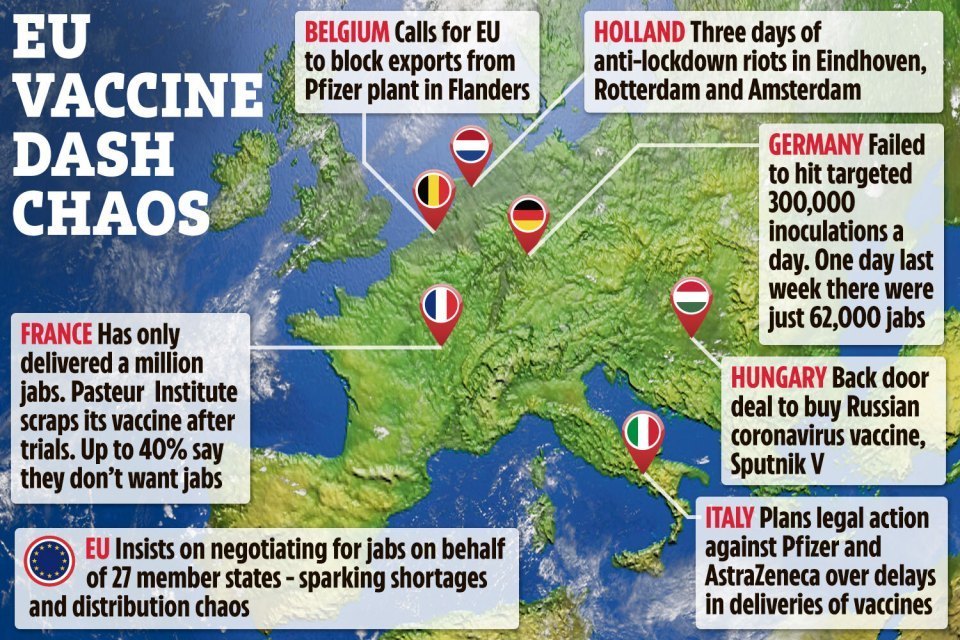
She said the EU had used Article 16 of the Brexit deal in an “aggressive and most shameful way” and “it is now time for our Government to step up”.
As tensions boiled over chief eurocrat von der Leyen accused AstraZeneca of misrepresenting its contract with the bloc and ordered the firm to find up to an extra 50 million doses for the continent from Britain.
Under the EU vaccine plan customs authorities in bloc countries will have to notify the Commission every time jabs are being sent to the UK – allowing them to keep an eye on our supplies.
The new rule, which comes into force on Saturday and lasts until March, means vaccine makers will have disclose all shipments they’ve made abroad in the last three months to try to catch out those heading to the UK.
Eurocrats have tried to play down the likelihood of millions of Pfizer doses being stopped from reaching Britain, insisting the system is designed to monitor exports and they will only intervene in “rare cases”.
EU health chief Stella Kyriakides insisted: “We’re not protecting ourselves against any specific country, and we’re not in competition or a race against any specific country.”
But one well-placed EU source told Trending In The News: “It’s not a monitoring system, it’s a blocking mechanism.”






